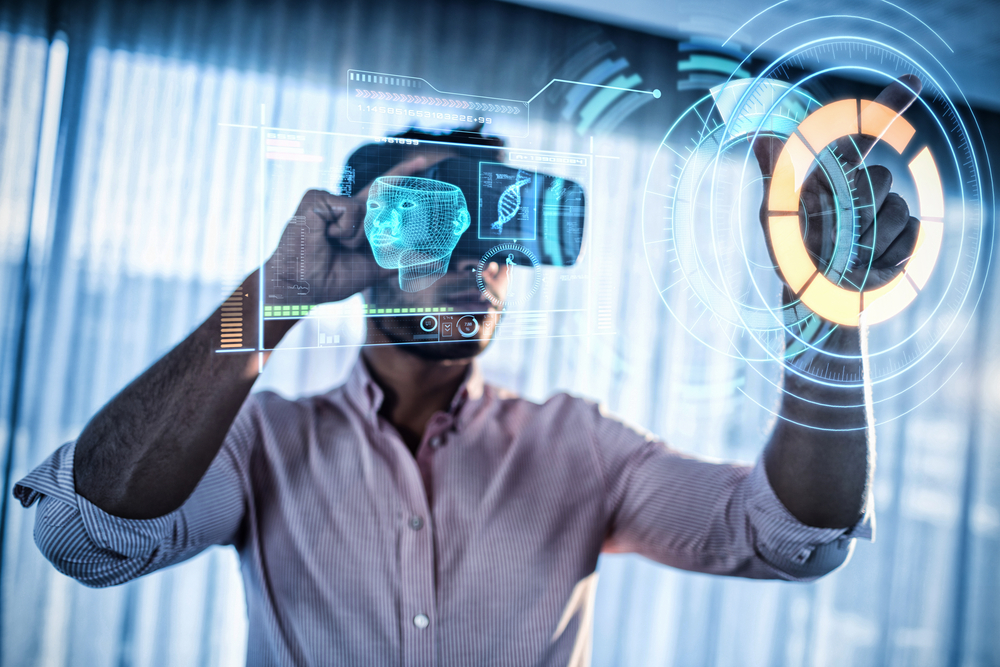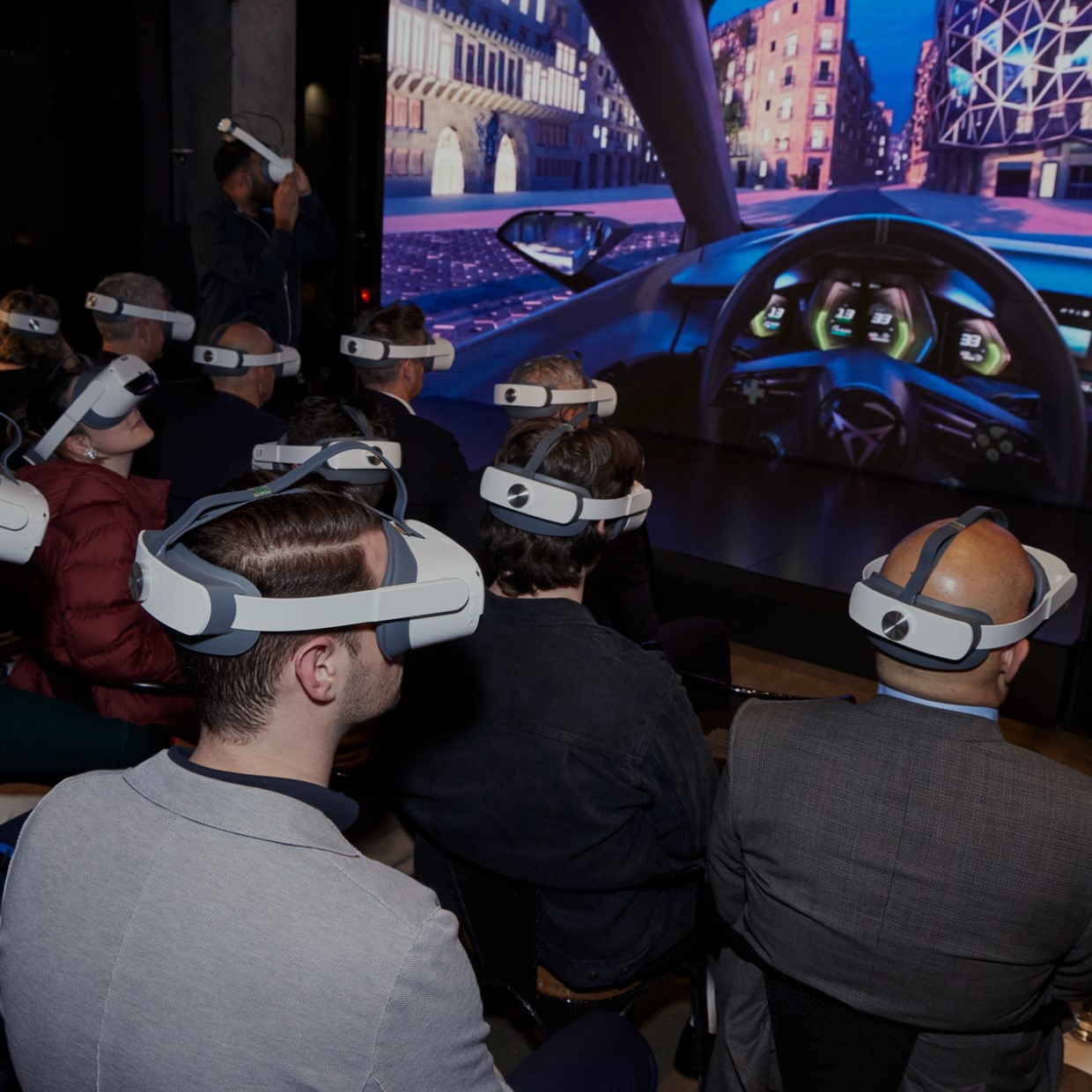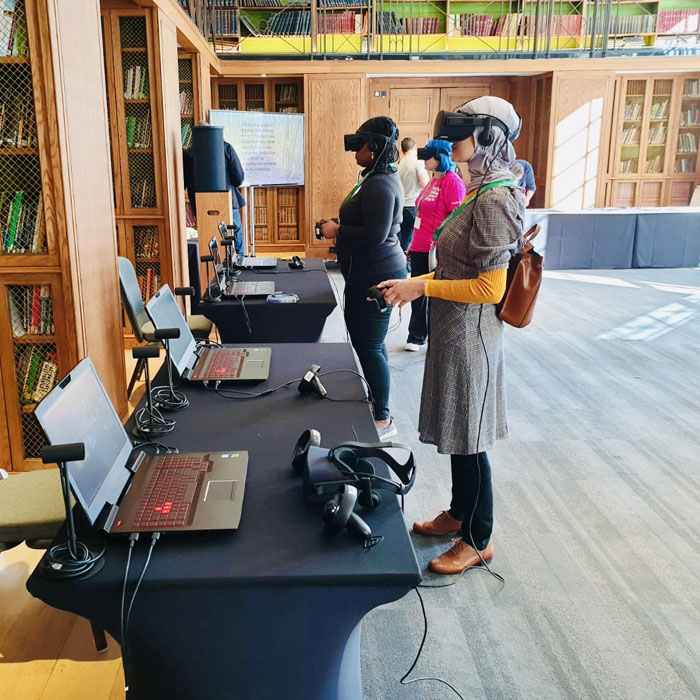
Today, however, extended reality uses stretch far beyond the obvious sectors and into the wider world of enterprise applications. The next level of XR – where our immersive experiences of physical and virtual environments take shape – is beginning to change the way we do business.
Let’s take a peek at four innovative industry uses of XR technologies. These could help to broaden imaginations, inspire new ideas, deliver superior outcomes and fuel the growth of your organisation.
1. XR MARKS THE SPOT
Never underestimate the power of experience over explanation. You can highlight the benefits of a place, product or service through traditional or multimedia sales and marketing platforms, but none of these strategies are likely to make the same impact on a client or consumer as a tailored XR experience that takes them inside the very world and lifestyle you’re trying to promote.
Once in VR headset view mode, for example, a user will be able to discover any items, messages, suggestions or clues you choose to feature within that landscape. XR equipment enables a business to develop and share an immersive marketing campaign that people will truly remember.
2. AR SUPPORTS E-COMMERCE
What does augmented reality do? The simple answer is that AR enables a limitless variety of unique visual experiences that merge a user’s real surroundings with virtual creations, like an object or character, all via cleverly designed apps for personal devices.
So how is this useful to your business? Well, AR redefines the engagement factor for e-commerce activities. Virtual stores/showrooms allow consumers to “try before they buy” without ever actually touching a product or taking it home. Major fashion labels such as Gap and Uniqlo have already experimented with letting shoppers “try on” clothing in a virtual dressing room. Meanwhile, a number of other consumer products on the market can be “viewed” in a person’s actual home or office. The possibilities are almost endless for brands of every kind.
3. VR EDUCATION & TRAINING
VR technology can play an important role in the education and training of staff, students or project participants. Often, they are better able to retain information when it’s presented in immersive visual form rather than through traditional learning methods. For example, being able to run the same customised lesson multiple times until it’s fully understood is a huge advantage for each individual wearing a VR headset.
4. CLEVER COMMUNICATIONS
In future, when employees and business teams use XR hardware and software, chances are they will enter a virtual or augmented scenario to learn about new initiatives/objectives or communicate with customers/colleagues in exciting new ways – not to play games in their downtime. That’s because interactions with XR technologies are rapidly becoming more mainstream and better understood by many different industries. XR provides opportunities for wonderfully engaging and effective visual communication by brands and organisations. Now is the time to start considering such advantages.
Want to discover how an XR technology rental can help your business? Talk to Hire Intelligence about extended reality uses today!
You can now follow us on Instagram for the latest tech and rental news.





